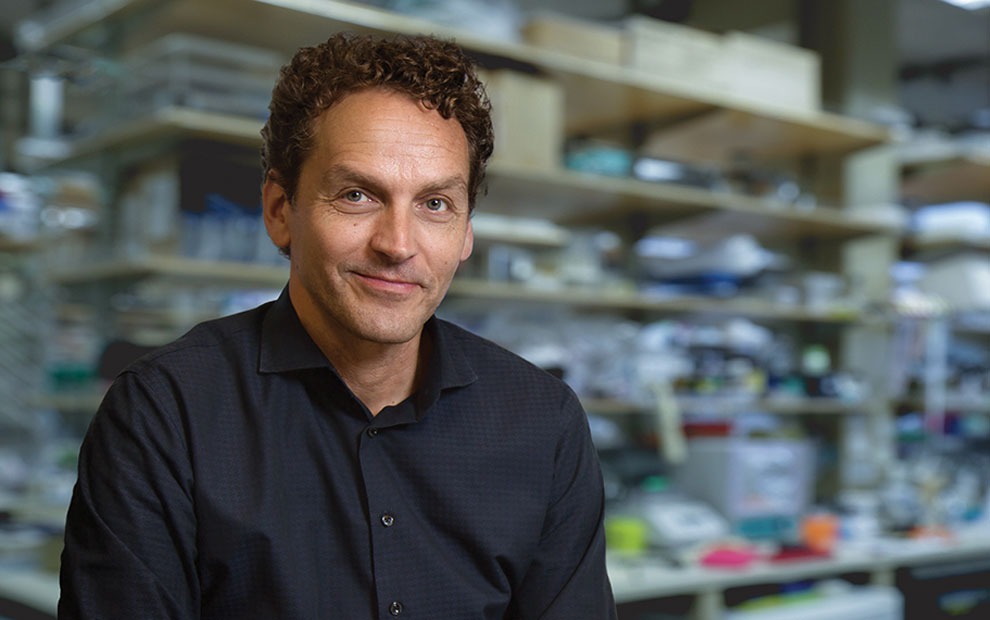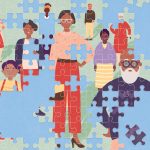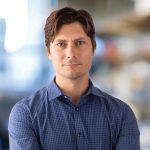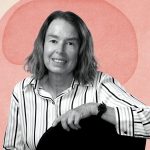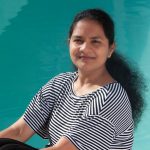On November 9, Professor and CSO/VP Martin Hetzer discussed aging and how it is the most significant risk factor for human disease. Human cells and tissues age at different rates depending on their intrinsic properties, where they are in the body and environmental exposures. The Hetzer lab aims to understand this variability (“heterogeneity”) and how it contributes to overall human aging, risk for disease or therapeutic responses.
Power of science: understanding aging in humans
